Female Filmmaker Friday: Girlfriends, 1978 (dir. Claudia Weill)
I first saw this film last fall and I fell head over heels for it. It was directed, produced and co-written by Claudia Weill, who collaborated with friend Vicki Polon on the screenplay. Weill directed the film on weekends over a the course of a year. Somehow it got picked up by Warner Bros. and was given a limited run. Stanley Kurbick saw the film and said in a 1980 interview that it was one of the most interesting American films he had seen in recent years. Anyone who enjoyed last year’s Frances Ha, will love this film. They’re surprisingly similar and I wouldn’t be shocked if Baumbach and Gerwig drew some inspiration for their film from it. 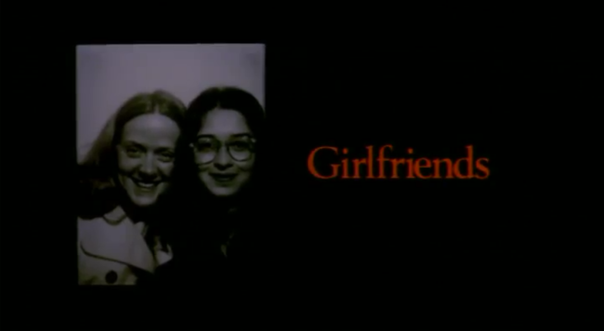 Although the film is called Girlfriends, it’s mostly about Susan (Melanie Mayron) trying to make a life for herself, both professionally and personally.
Although the film is called Girlfriends, it’s mostly about Susan (Melanie Mayron) trying to make a life for herself, both professionally and personally. 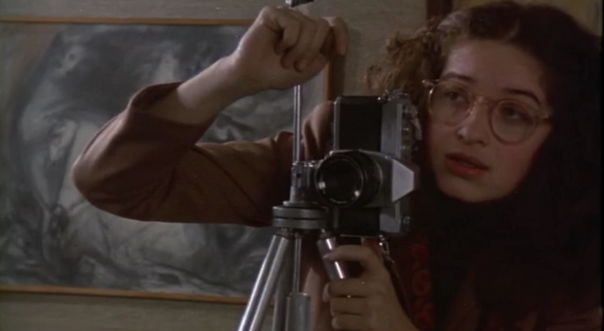 Susan is a recent college graduate and a photographer. She supports herself shooting babies and Bar Mitzvahs while dreaming of having a show in a gallery. As the film begins, she’s living with her best friend Anne (Anita Skinner). When Anne decides to get married and moves out, Susan has to learn how to live by herself. At one point, she gets a delightfully wacky hippie roommate.
Susan is a recent college graduate and a photographer. She supports herself shooting babies and Bar Mitzvahs while dreaming of having a show in a gallery. As the film begins, she’s living with her best friend Anne (Anita Skinner). When Anne decides to get married and moves out, Susan has to learn how to live by herself. At one point, she gets a delightfully wacky hippie roommate. 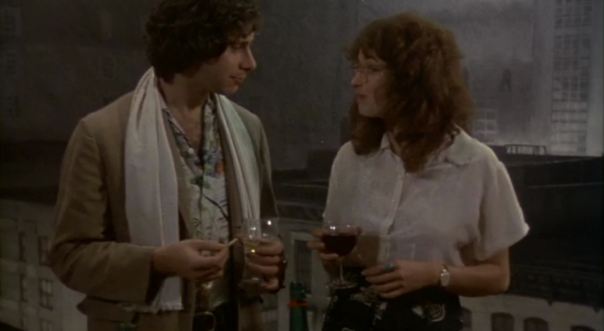 Eventually at a party she meets a man named Eric (Christopher Guest), but things don’t go too well. I love this scene because both Eric and Susan are so awkward and neither of them really know how to go about talking with a person of the opposite gender.
Eventually at a party she meets a man named Eric (Christopher Guest), but things don’t go too well. I love this scene because both Eric and Susan are so awkward and neither of them really know how to go about talking with a person of the opposite gender. 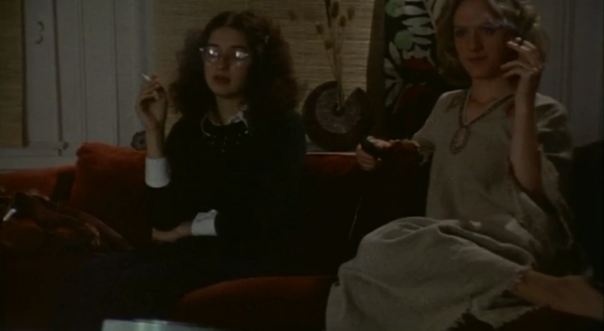 The friendship between Susan and Anne gets understandable strained as Anne gets more involved in her marriage and has less time for her friend. Jealousy and misunderstand arises on both sides. There’s a lot of great scenes of the two fighting in only the way two really close friends ever can. I love this movie because it’s so honest and real.
The friendship between Susan and Anne gets understandable strained as Anne gets more involved in her marriage and has less time for her friend. Jealousy and misunderstand arises on both sides. There’s a lot of great scenes of the two fighting in only the way two really close friends ever can. I love this movie because it’s so honest and real. 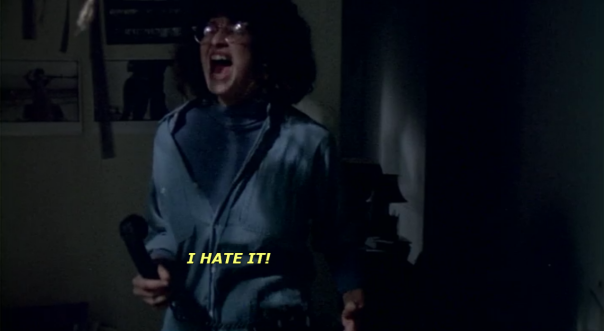 At one point Susan has no money to go out with friends and is staying home by herself when suddenly her power is shut off. Her reaction is so perfect. It’s that moment where you realize being an adult is super hard and nothing you’ve done in the past prepares you for dealing with it.
At one point Susan has no money to go out with friends and is staying home by herself when suddenly her power is shut off. Her reaction is so perfect. It’s that moment where you realize being an adult is super hard and nothing you’ve done in the past prepares you for dealing with it. 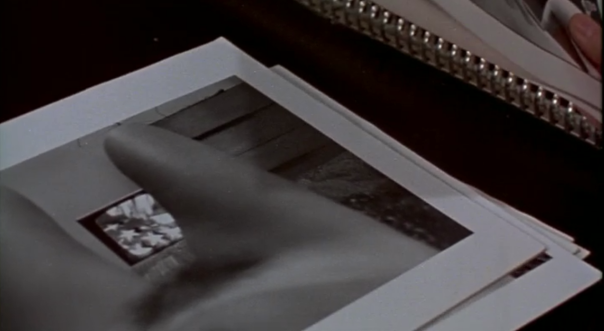 Susan’s photography is interesting as well. Much like the film, it’s an exploration of the modern female experience. Which is probably why she’s having trouble landing a show at a gallery. 1978 is less than a decade post-Roe v. Wade, and society is just beginning to take women on their own merits, the female experience as something singular and interesting, and working women are still a bit of curio.
Susan’s photography is interesting as well. Much like the film, it’s an exploration of the modern female experience. Which is probably why she’s having trouble landing a show at a gallery. 1978 is less than a decade post-Roe v. Wade, and society is just beginning to take women on their own merits, the female experience as something singular and interesting, and working women are still a bit of curio. 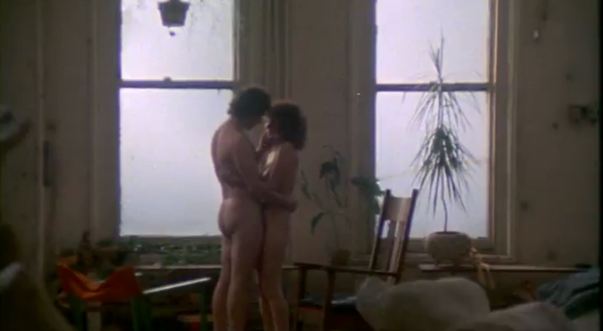 Eventually, Susan begins a relationship with Eric and Weill’s representation of the various phases of a new relationship – from initiation, to discovering each other’s bodies, to real intimacy is delicately done. Weill’s use of nudity is never provocative or eroticized, but rather natural and unselfconscious.
Eventually, Susan begins a relationship with Eric and Weill’s representation of the various phases of a new relationship – from initiation, to discovering each other’s bodies, to real intimacy is delicately done. Weill’s use of nudity is never provocative or eroticized, but rather natural and unselfconscious. 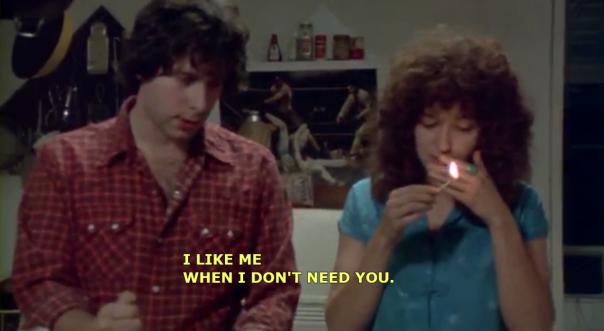 This progression leads to one giant blow-out of a fight between Eric and , where in this case it is the woman who doesn’t know what she wants, it’s the woman who is cold and distant and the man who is vulnerable and emotional. I find this sequence really powerful because Eric’s emotional state is not shown as emasculating and Susan’s coldness is not shown as bitchy. They’re just two people feeling what the feel regardless of gender (or gender stereotypes). If only more films could have characters as fully realized as those who populate this film and be helmed by a filmmaker with a deft a touch as Claudia Weill.
This progression leads to one giant blow-out of a fight between Eric and , where in this case it is the woman who doesn’t know what she wants, it’s the woman who is cold and distant and the man who is vulnerable and emotional. I find this sequence really powerful because Eric’s emotional state is not shown as emasculating and Susan’s coldness is not shown as bitchy. They’re just two people feeling what the feel regardless of gender (or gender stereotypes). If only more films could have characters as fully realized as those who populate this film and be helmed by a filmmaker with a deft a touch as Claudia Weill.
Posted on April 18, 2014, in Female Filmmaker Friday and tagged 1978, Anita Skinner, Christopher Guest, Claudia Weill, Eli Wallach, Girlfriends, Melanie Mayron, Vicki Polon. Bookmark the permalink. 4 Comments.


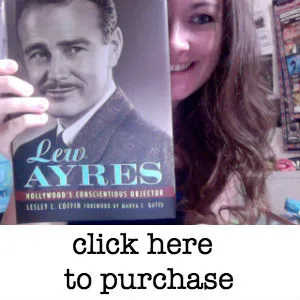

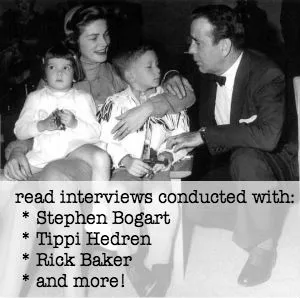
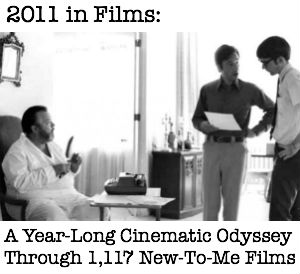
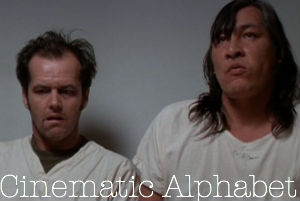

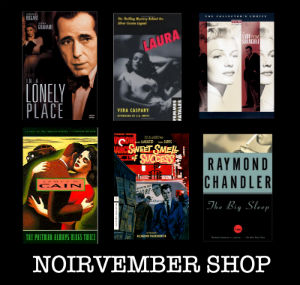
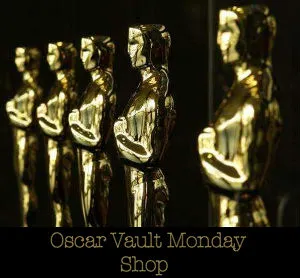







I loved Mayron on Thirtysomething, but I don’t know that I remember ever seeing her in anything else. I want to watch this – sounds like something I’d really enjoy.
I love these Friday posts so much!
I think you’d LOVE this film. It’s released through Warner Archive Collection.
I so want to see it now!
One of my absolute favorite films. Not nearly as well known as it should be.
I discovered it in 1989 when it ran on PBS, and I’ve been a little obsessed with it ever since. Not in a sick way; it’s just one of several films and books that changed me as a person and an artist.
Within a few months of seeing Girlfriends, I discovered “Housekeeping,” an adaptation of the book by Marilynne Robinson. It affected me just as deeply (and the book is one of the most profound, poetic novels I have ever read).
1989 was a big year for me…